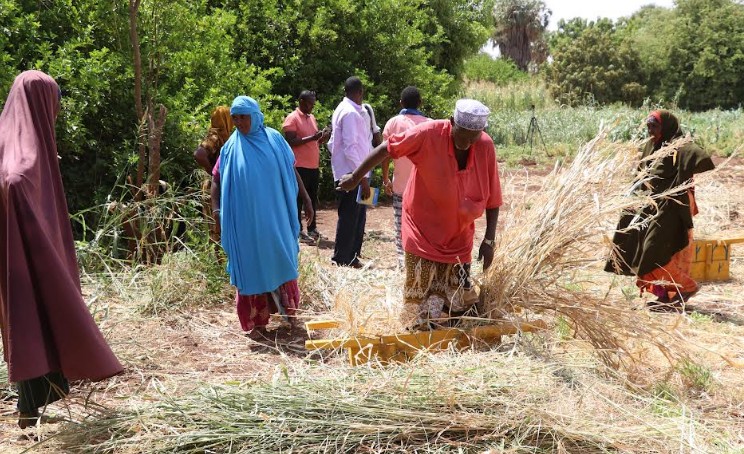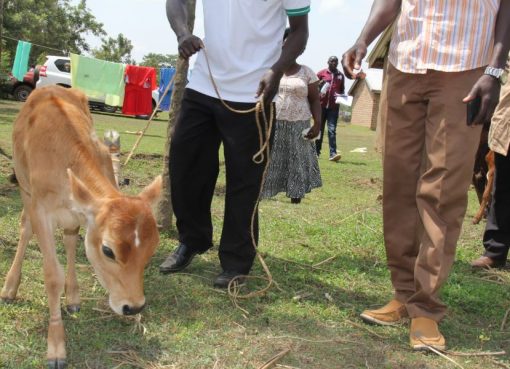Recurrent droughts in the northeastern region have posed a major survival challenge for both humans and livestock, against the backdrop of frequent crop failures and acute water shortages, leading to constant food shortages.
In response to the droughts and harsh climatic conditions in the region, coupled with depleted pastures for grazing, residents of Mandera County have embraced fodder farming as a sustainable solution to safeguard their livestock and livelihoods.
Pastoralists in the region, traditionally reliant on natural grazing, have faced increasing challenges due to prolonged dry spells that have left pasturelands bare.
To counter this, they have adopted fodder cultivation, growing drought-resistant grass varieties such as Sudan grass.
A local farmer in Fiqo Ward of Mandera East sub-county, Adan Mohamed, says the initiative has not only ensured a steady supply of feed for their livestock, but also created an opportunity for income generation by selling surplus fodder to other pastoralists.
“The drought has made it difficult for us to sustain our livestock, but with fodder farming, we can now store feed for dry seasons and even sell some to our neighbours,” said Adan.
Farmers also noted that they sell hay bales to other sub-counties, helping them gain a stable income.
Non-governmental organisations operating in the region, such as Racida, with support from the Boresha Programme, have played a key role by providing technical training and access to seeds, helping communities build resilience against adverse effects of climate change.
The programme has so far supported and trained more than 200 farmer groups through climate-smart fodder production to address animal feed scarcity and promote good agricultural practices.
Deputy County Livestock Officer in Mandera, Mohamed Noor, said that livestock forms the backbone of the County’s economy and added that fodder production is emerging as a game-changer in the face of acute drought.
Mohamed also stated that the county administration will continue providing support to livestock farmers by introducing new techniques to improve their productivity and livelihoods.
“Fodder farming is a long-term solution that will help our pastoralists overcome the frequent drought crises,” he emphasised.
Programme Manager for Boresha, Abdisalam Mohamed, said farmers were trained in dryland farming techniques, seed bulking, post-harvest preservation, and sustainable land use through pastoral field school training, helping secure food security and income generation across Mandera’s borderlands.
With the drying of the River Daua and acute feed shortages, local farmers are reclaiming degraded land and restoring hope through climate-smart agriculture.
By Adan Mohamed



